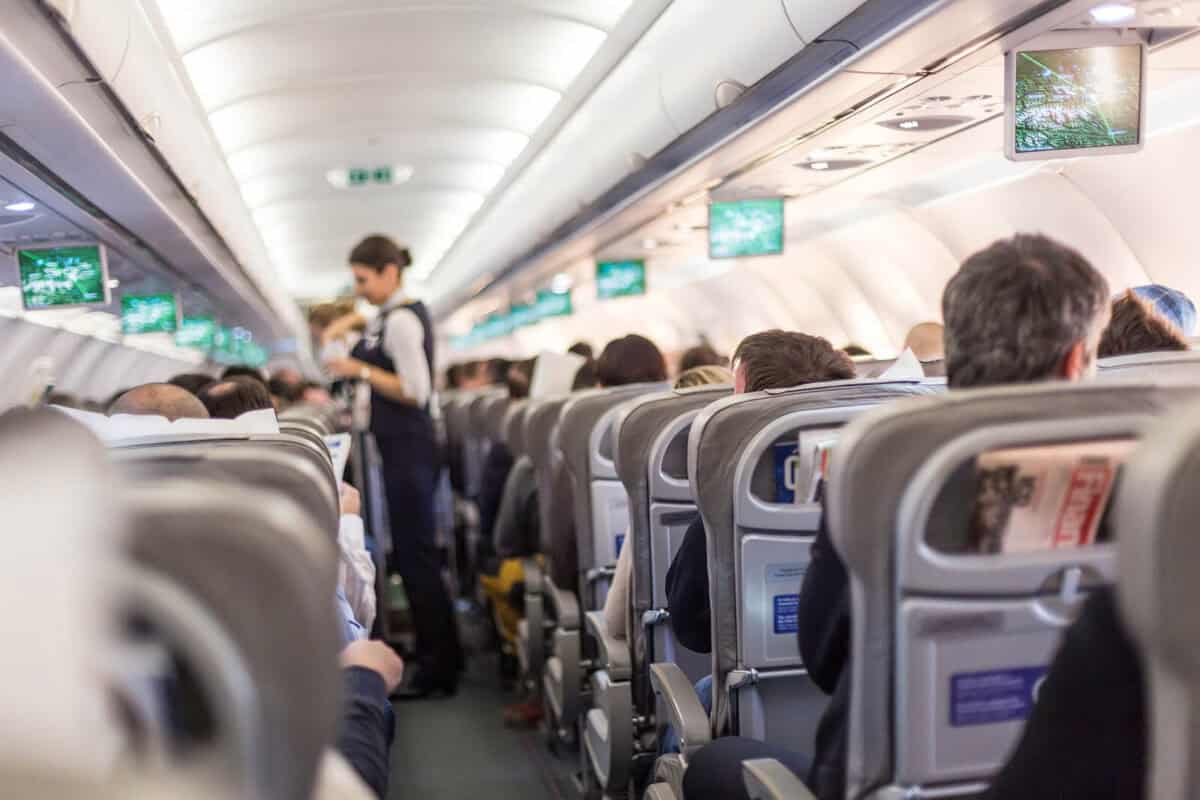
Traveling Safely With Hearing Aids
Planning a trip is exciting, but for someone with hearing aids, traveling can bring unique challenges. With proper preparation, traveling with hearing aids can be smooth and stress-free.
Preparing for the Trip
Before embarking on a trip, visit a hearing health professional. They can inspect the hearing aids to ensure they function properly. A hearing health professional can also provide tips on handling any issues during travel and managing different environments and noise levels.
Having extra supplies is critical when traveling with hearing aids. Pack additional batteries or a portable charger if the hearing aids are rechargeable. Carry a hearing aid cleaning kit and extra tubing or domes if necessary. These supplies will ensure that the hearing aids remain functional throughout the journey.
If possible, carry a spare hearing aid. Having a backup ensures uninterrupted hearing if one malfunctions or gets lost. Place it in a secure case to protect it during the trip.
Navigating Airports and Security
At airport security, inform the staff about the hearing aids. While hearing aids can typically remain on during security checks, alerting staff can help. They may use alternative screening methods to avoid damage.
Many airports offer assistance services for people with hearing impairments. Services like visual alerts for flight updates or escorts to the correct gate can also enhance the travel experience. If needed, request these services in advance.
Staying in Hotels
Some hotels cater to guests with hearing impairments by offering rooms with visual alert systems for smoke alarms, doorbells, and phone calls. Booking such accommodations can make the stay more comfortable and safer.
When not using hearing aids, store them in their case in a safe location. Avoid placing them in areas with extreme temperatures or moisture, such as bathrooms, to prevent damage.
Enjoying the Destination
Some destinations offer audio accessibility options, such as guided tours with hearing aid-compatible devices or hearing loops. Researching and planning activities that cater to hearing impairments can enhance the travel experience.
Depending on the destination, a personal FM system or Bluetooth streamer can enhance hearing in complex environments. These devices connect directly to the hearing aids, improving sound clarity in noisy areas.
Handling Hearing Aid Care
Regular cleaning of hearing aids is essential, especially when traveling. A quick daily clean can prevent malfunctions caused by dirt or moisture. Using the cleaning kit can also keep hearing aids in optimal condition.
While enjoying the trip, avoid exposing hearing aids to moisture. Remove them before swimming or engaging in water activities. Using a dehumidifier overnight can help remove any moisture that accumulates during the day.
Regularly check the battery levels to avoid unexpected power loss. Change or recharge batteries as needed. Keeping a routine for battery checks can help ensure continuous functionality.
Dealing with Emergencies
Research and note the locations of hearing health professional clinics near the destination. This information can be valuable if issues arise with one’s hearing aids that require professional attention. Keep a list of emergency contacts, including the hearing health professional’s number, in an accessible place.
Conclusion
Traveling with hearing aids can be a seamless and enjoyable experience with appropriate preparation and precautions. Planning, packing extra supplies, and using available resources will guarantee a safe and pleasant trip.
